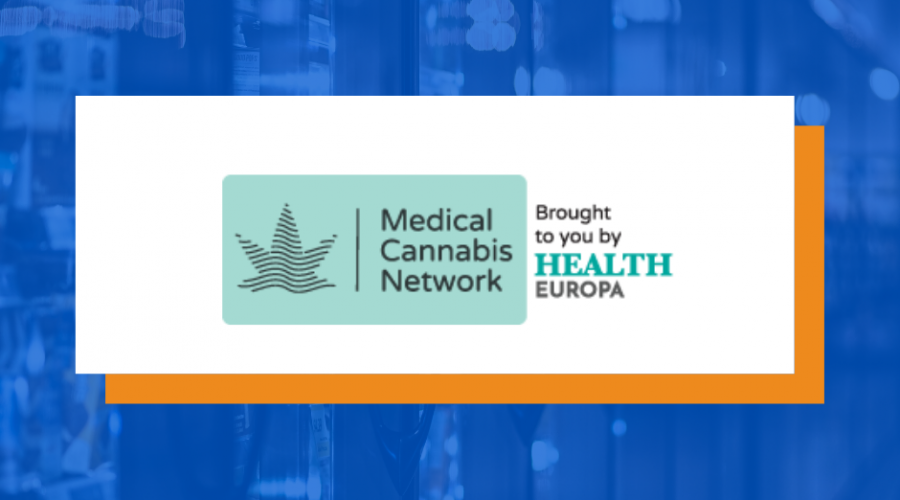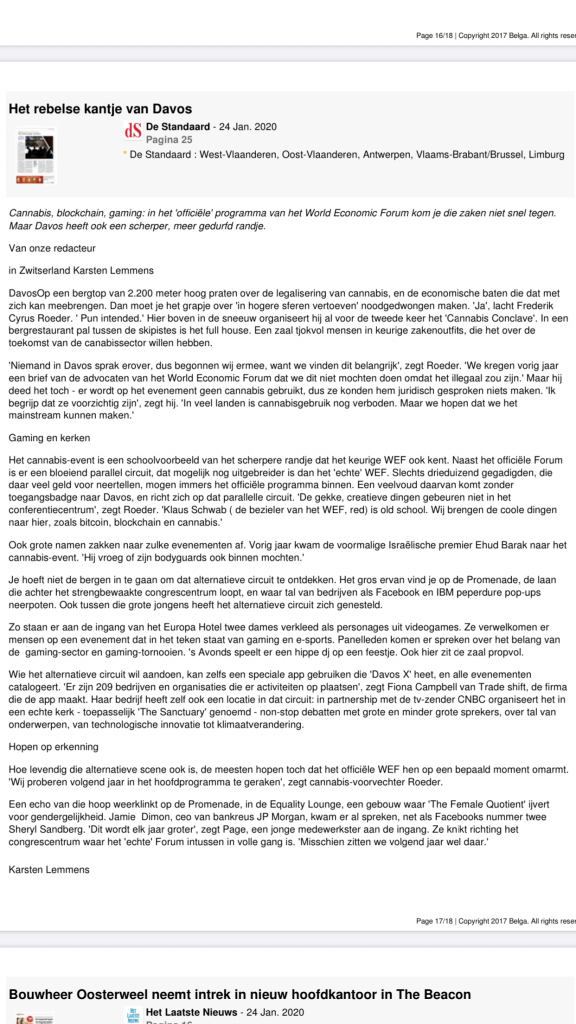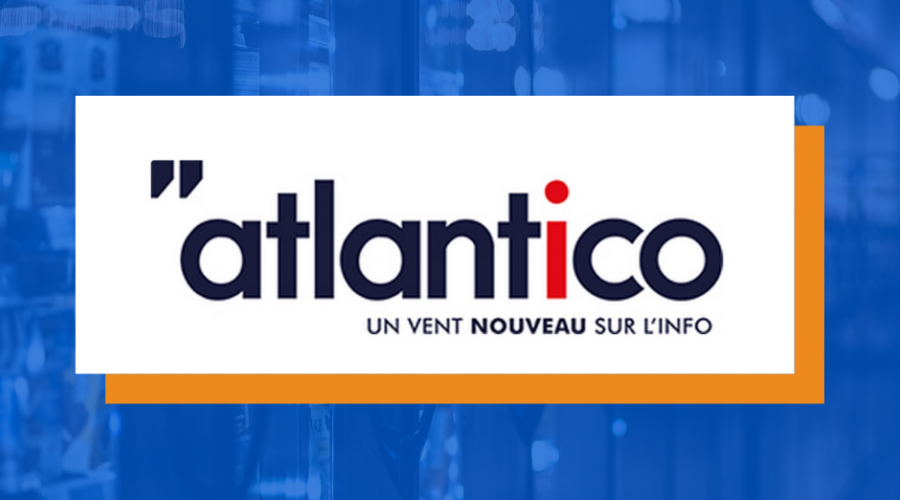Cannabis Conclave 2020 Dubbed The ‘Rebels Of Davos’

Last week, the Cannabis Conclave took place in Davos, Switzerland. The event was dubbed by some as the “rebellious side” of Davos.
The Conclave was hosted by the Consumer Choice Center and Prohibition Partners.
“The event featured industry leaders, investors and policy makers from over 25 different countries. The purpose of the event is to continue to fuel the legalization debate internationally,” David Clement, North American Affairs Manager at Consumer Choice Center, told Benzinga.
Legalizing Cannabis
“Fueling the legalization debate, and the advancement of legalization, requires three things,” Clement said. “First, we need policy makers who are open to the idea, and who realize that the war on drugs is failing. Second, we need entrepreneurs who want to enter the legal space and meet the demand of consumers and patients.”
Clement said the industry needs investors to help catapult it forward so it can expand, and ultimately stamp out the black market.
“That is why we bring those three groups together in Davos. One headline called us the ‘Rebels of Davos,’ explaining that the Cannabis Conclave is the sharper, more daring edge of what goes on during the World Economic Forum,” Clement said.
The team is committed to returning in 2021.
Listen to Yaël Ossowski and Clement on Consumer Choice Radio discuss the Cannabis Conclave further here: https://consumerchoicecenter.org/radio/ep3/
Originally published here.
The Consumer Choice Center is the consumer advocacy group supporting lifestyle freedom, innovation, privacy, science, and consumer choice. The main policy areas we focus on are digital, mobility, lifestyle & consumer goods, and health & science.
The CCC represents consumers in over 100 countries across the globe. We closely monitor regulatory trends in Ottawa, Washington, Brussels, Geneva and other hotspots of regulation and inform and activate consumers to fight for #ConsumerChoice. Learn more at consumerchoicecenter.org









